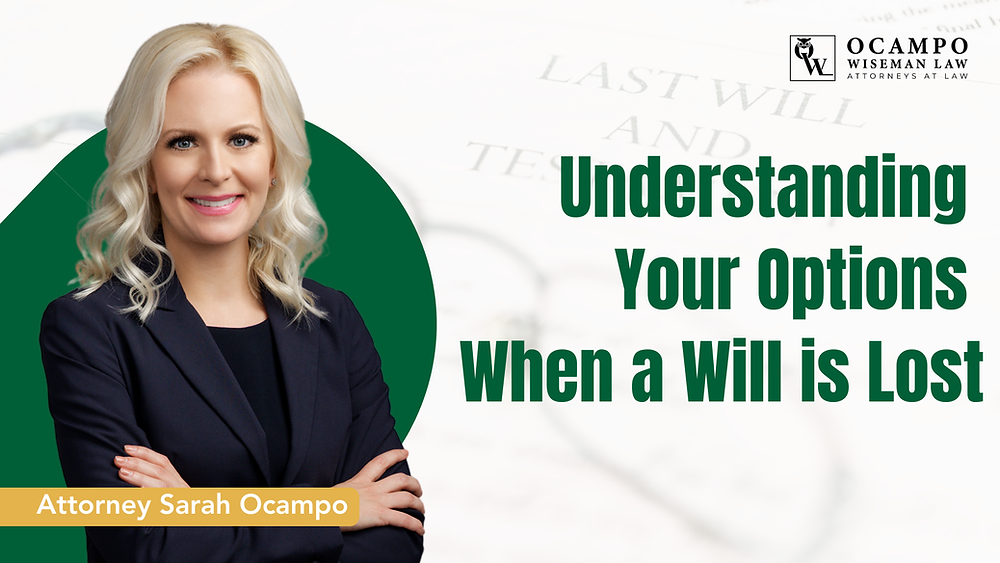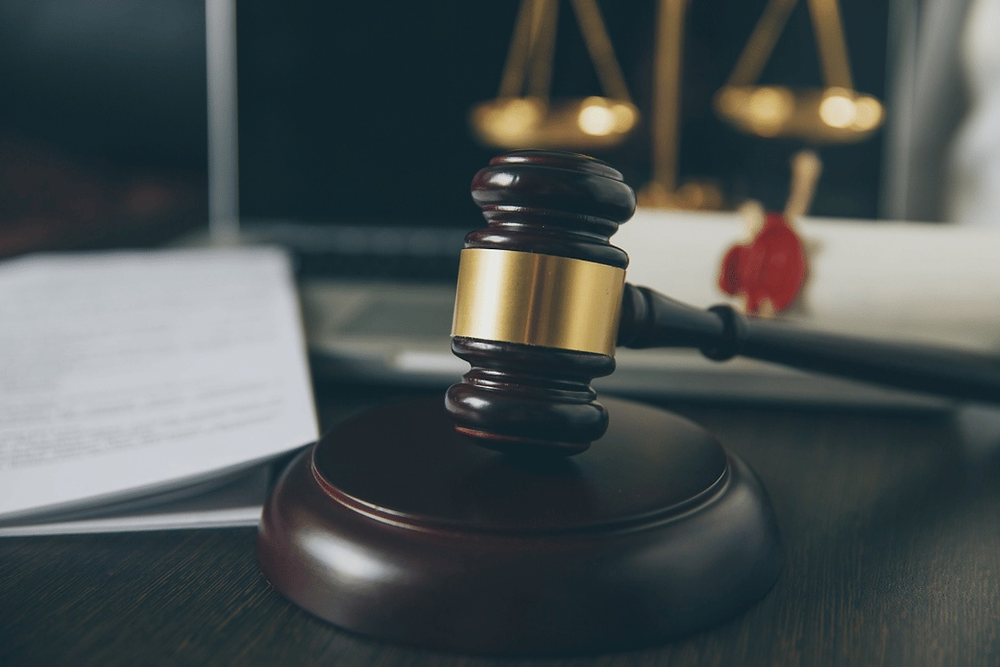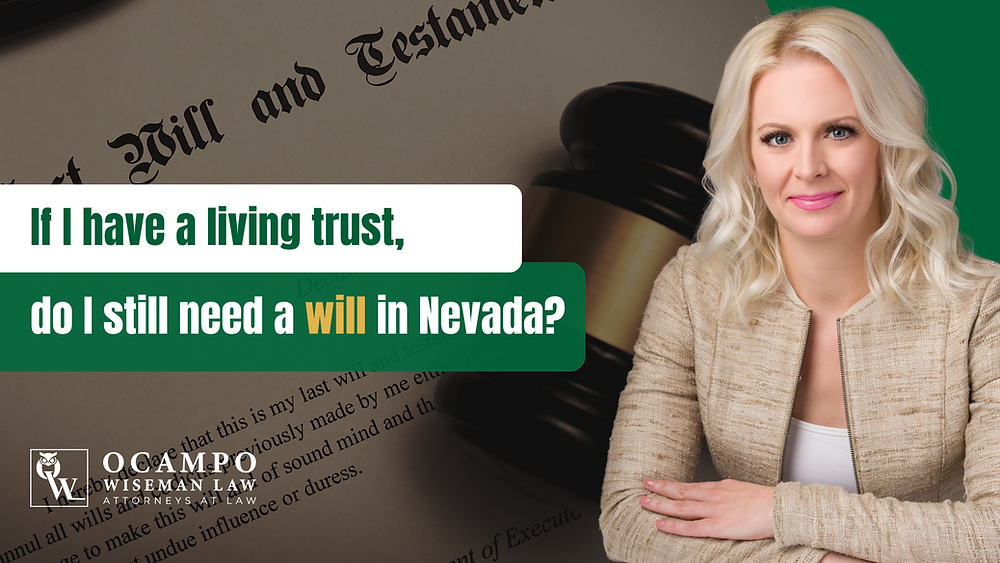First Steps to Take When a Loved One Dies
Sarah Ocampo
Essential First Steps When Someone Dies
- Order at least five certified copies of the death certificate from the funeral home for various legal and financial needs
- Immediately secure all real property by locking up homes and ensuring neighbors check on the property regularly
- Secure personal property including vehicles by storing them in safe locations away from potential theft
- Contact a probate attorney if you cannot access the deceased person's assets or accounts
- Take these steps quickly to prevent squatters, theft, and other complications that can cost families thousands
Why Taking Immediate Action After Death Matters
When someone passes away, the clock starts ticking on protecting everything they worked their entire life to build. Without immediate action, families face risks that can destroy the value of the estate and create expensive problems that last for months or years.
The confusion and grief that follows a death often prevents families from thinking clearly about practical matters, but taking the right steps immediately can save thousands of dollars and prevent heartache later. Every day of delay increases the risk of theft, property damage, legal complications, and missed deadlines.
Most families don't realize how vulnerable assets become the moment someone dies, and how quickly problems can spiral out of control without proper protection.
How Many Death Certificates Do You Actually Need
As discussed in probate consultations, one of the first decisions families face is how many certified death certificates to order from the funeral home.
Why You Need Multiple Certified Copies
Every bank, insurance company, government agency, and financial institution will require an original certified death certificate before they'll discuss the deceased person's accounts or provide any information to family members.
Order at Least Five Certified Copies
Most families need death certificates for banks, insurance companies, Social Security, the DMV, investment accounts, and other institutions. Having multiple copies prevents delays when you need to submit certificates to several places simultaneously.
Cost of Ordering Later vs Now
Ordering additional death certificates later through the vital records office is more expensive and time-consuming than ordering them through the funeral home. It's much easier to order extra copies upfront than to wait weeks for additional certificates later.
Keep Some Copies for Your Records
Always keep at least one certified copy for your family's records. You may need it for unexpected situations or institutions you didn't know about initially.
How to Secure Real Property After Someone Dies
Real property becomes incredibly vulnerable after someone dies, especially if the deceased lived alone or if family members live far away.
Lock Up and Secure All Entry Points
Change locks if necessary and ensure all windows, doors, and other entry points are properly secured. Empty homes are targets for break-ins, vandalism, and squatters who may be difficult to remove once they establish occupancy.
Arrange for Regular Property Checks
Having neighbors or family members drive by the property every few days helps deter criminal activity and allows you to spot problems early. Even a few days of neglect can result in significant property damage or theft.
Continue Utility and Maintenance Services
Keep utilities running to prevent pipes from freezing, maintain security systems, and preserve the property's condition. Cancelled utilities signal to criminals that the property is vacant and unmonitored.
Document Property Condition
Take photos and create an inventory of the property's condition and contents immediately after death. This documentation protects against theft claims and insurance disputes later.
How to Protect Personal Property and Vehicles
Personal property and vehicles are often the first targets for theft after someone dies, especially if their value is widely known in the community.
Secure High-Value Personal Property
Remove jewelry, electronics, collectibles, and other valuable items from the deceased's home and store them in a secure location. These items are easy targets for theft and may not be covered by insurance once the property is vacant.
Protect Vehicles from Theft and Damage
Move vehicles to secure, enclosed storage if possible. Cars left sitting in driveways or on streets can be stolen, vandalized, or damaged by weather while families wait for probate proceedings to resolve.
Inventory Everything of Value
Create detailed lists and photographs of all personal property, including serial numbers and estimated values. This inventory becomes crucial for probate proceedings and insurance claims.
Notify Insurance Companies
Contact property and vehicle insurance companies to report the death and understand how coverage changes for vacant properties and unused vehicles.
When You Need to Call a Probate Attorney
Many families try to handle estate matters themselves, not realizing when legal help becomes essential rather than optional.
If You Cannot Access Bank Accounts
When financial institutions freeze accounts after being notified of a death, families typically need court orders to access funds for estate expenses and beneficiary distributions.
If Real Property Needs to be Sold
Selling real estate titled in a deceased person's name requires court authority in most cases. Attempting to sell property without proper legal authority can result in invalid transactions and legal liability.
If There Are Multiple Heirs or Disputes
Even minor disagreements between family members can escalate quickly when emotions are high and significant assets are involved. Professional legal guidance helps prevent disputes from destroying family relationships.
If Debts Exceed Available Cash
When estates don't have enough liquid assets to pay all debts and expenses, special legal procedures may be required to prioritize payments and protect heirs from liability.
Common Mistakes Families Make in the First Days
The immediate period after death is when families often make decisions that create expensive problems later.
Assuming Family Members Have Legal Authority
Being related to the deceased doesn't automatically give anyone legal authority over their assets. Acting without proper court authority can result in personal liability and invalid transactions.
Delaying Notification of Financial Institutions
Some families avoid notifying banks and other institutions because they're afraid accounts will be frozen. However, delayed notification often creates bigger problems and may appear suspicious to financial institutions.
Not Looking for Estate Planning Documents
The first few days after death are critical for locating wills, trusts, and other estate planning documents before they can be lost, damaged, or destroyed by family members with conflicting interests.
Waiting Too Long to Get Legal Help
Many families wait until problems become serious before consulting with attorneys. Early legal guidance often prevents expensive complications and family conflicts.
How to Find Estate Planning Documents Quickly
Locating wills, trusts, and other estate planning documents becomes urgent after someone dies, as these documents contain crucial instructions for asset distribution.
Check Common Storage Locations
Look in safe deposit boxes, home safes, filing cabinets, and with the deceased's attorney or financial advisor. Estate planning documents are often stored in multiple locations for security.
Contact Professional Advisors
The deceased's attorney, accountant, financial advisor, or insurance agent may have copies of estate planning documents or know where they're located.
Search for Clues in Financial Records
Bank statements, investment accounts, and other financial records often contain references to trusts or estate planning attorneys that can help locate important documents.
Act Quickly to Prevent Document Destruction
Unfortunately, some family members may try to hide or destroy estate planning documents if they're not named as beneficiaries. Quick action helps preserve these crucial documents.
What Happens If You Don't Take These Steps
Failing to take immediate protective action after someone dies can result in expensive consequences that drain estate value and create lasting family problems.
Property Theft and Damage
Unsecured properties often become targets for theft, vandalism, and squatter occupation. Once squatters establish residency, removing them can take months of expensive legal proceedings.
Frozen Assets and Inaccessible Funds
Without proper death notification and legal authority, families may be unable to access funds needed for funeral expenses, property maintenance, and other urgent needs.
Missed Deadlines and Legal Problems
Many estate-related deadlines begin running immediately after death. Missing these deadlines can result in penalties, increased taxes, and lost benefits for beneficiaries.
Family Conflicts and Disputes
Poor communication and unclear authority in the immediate aftermath of death often lead to family disputes that can destroy relationships and consume estate assets in legal fees.
Related Estate Planning Resources
- [When Do You Need a Probate Attorney Complete Guide]
- [How to Avoid Probate for Your Family Nevada Estate Planning]
- [Essential Estate Planning Documents Every Family Needs]
Schedule Your Probate Consultation
If you're dealing with the death of a loved one or want to create an estate plan that avoids probate for your family, consider scheduling a consultation with an experienced probate and estate planning attorney who can guide you through the process.
Frequently Asked Questions About First Steps After Death
How quickly do I need to secure the property after someone dies?
Immediately. Every day of delay increases the risk of theft, vandalism, or squatter occupation. Secure all property within 24-48 hours if possible.
Can I access the deceased person's bank accounts to pay for funeral expenses?
This depends on how the accounts are titled and whether there are death beneficiary designations. Without proper authority, most banks will freeze accounts when notified of a death.
What if I can't find any estate planning documents?
Contact the deceased's attorney, financial advisor, or accountant first. If no documents exist, the estate will need to go through probate under state intestacy laws.
How long do I have to start probate proceedings?
While there's no immediate deadline, waiting too long can create problems with property maintenance, debt payments, and asset protection. Most attorneys recommend starting within 30-60 days.
Summary: Protecting Your Family's Legacy from Day One
The steps you take in the first days after someone dies set the tone for everything that follows. Quick action to secure property, order death certificates, and get proper legal guidance can save your family thousands of dollars and months of complications.
Don't let grief and confusion prevent you from protecting what your loved one worked so hard to build.




